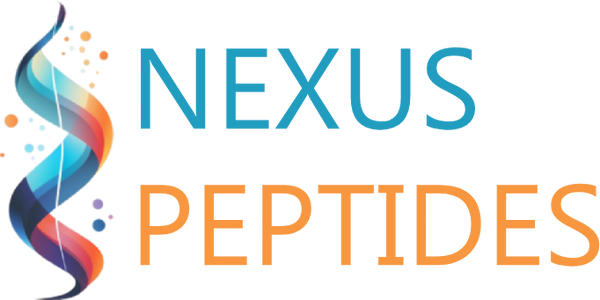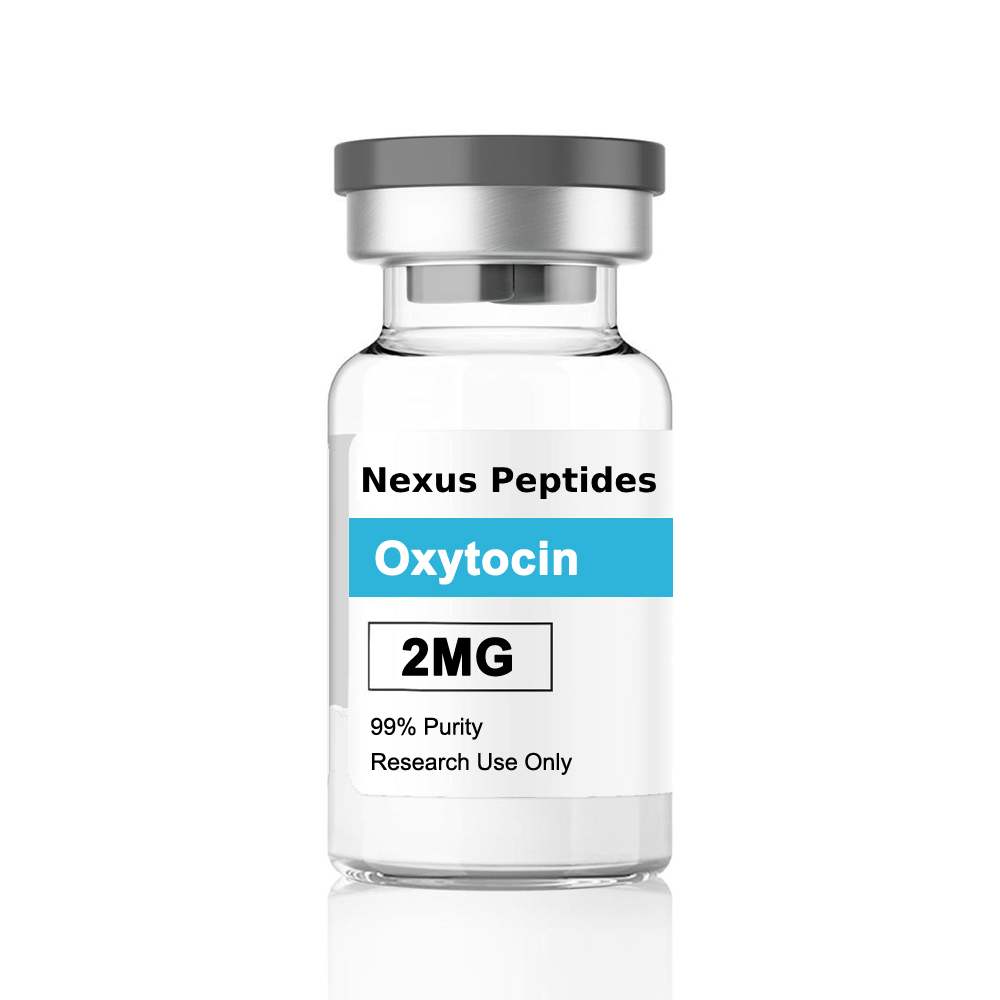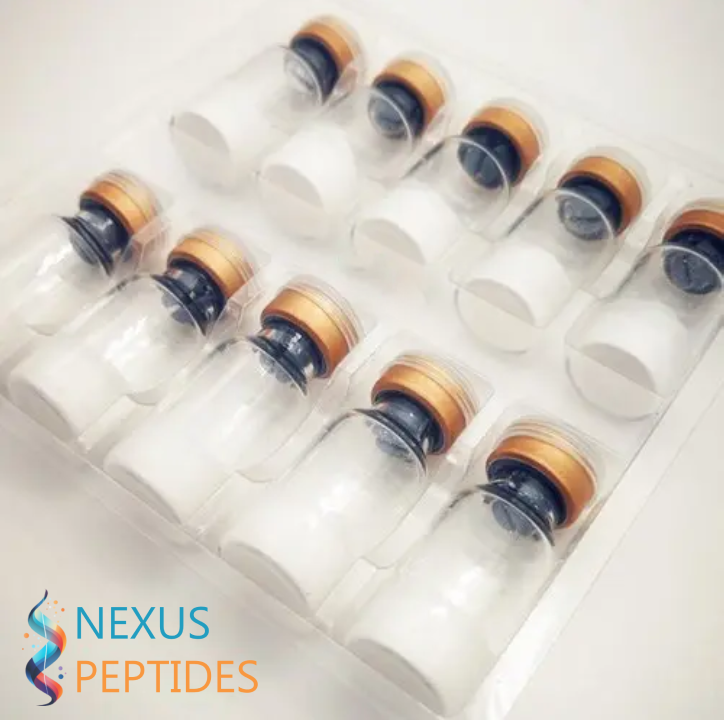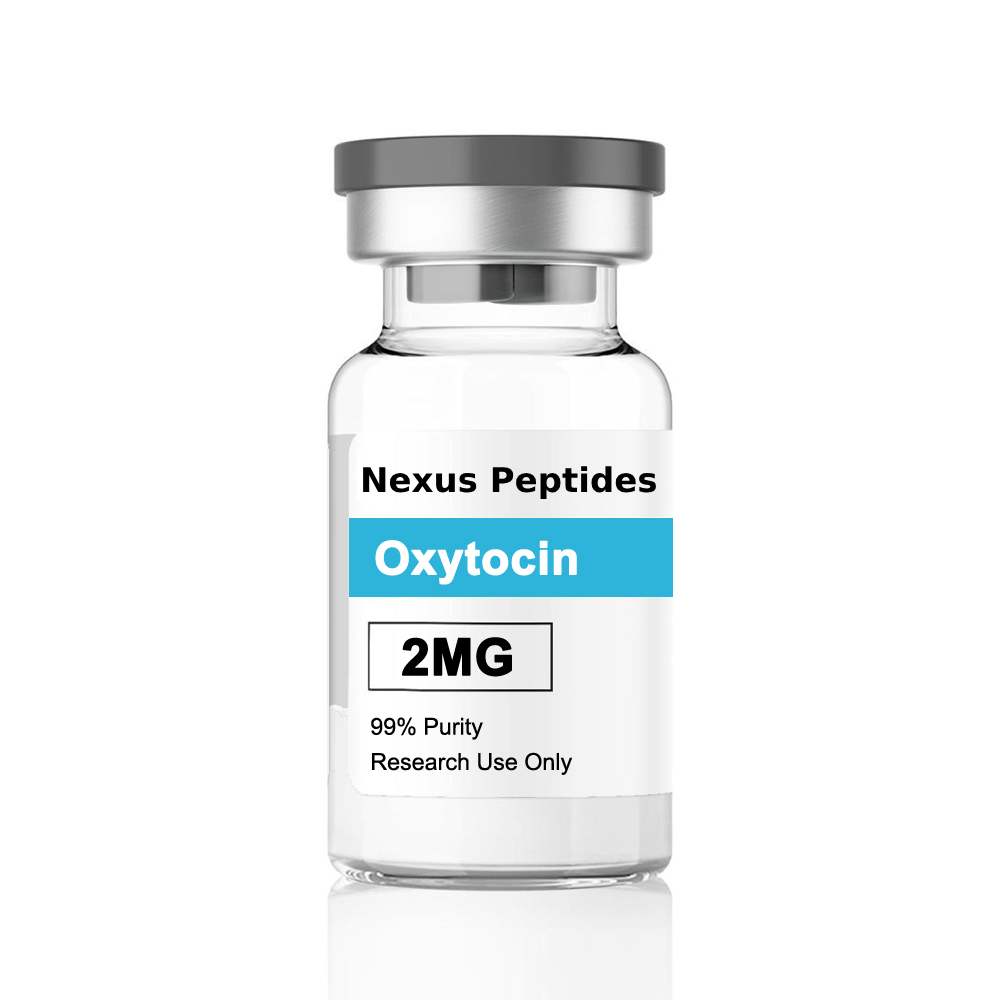
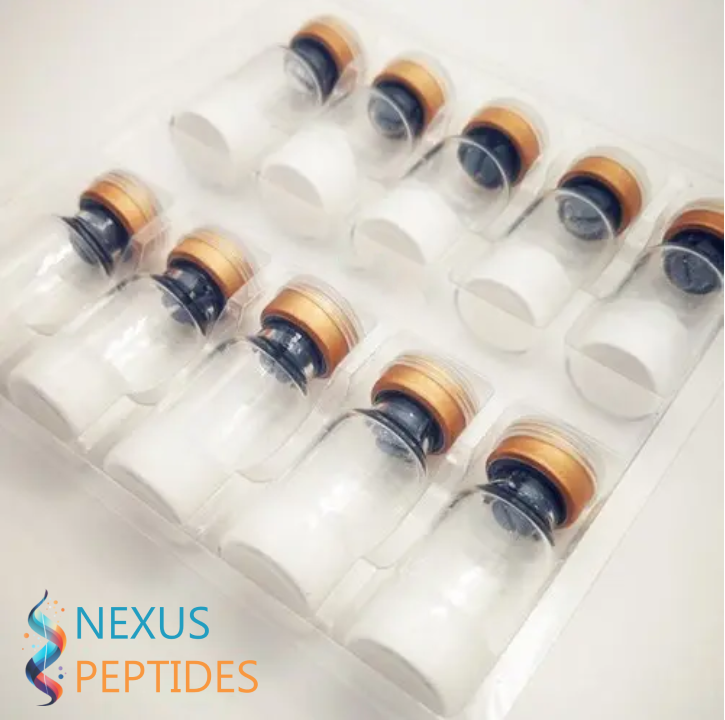
Introduction:
In the realm of human connection, bonding, and emotional well-being, Oxytocin shines as a symbol of scientific discovery. This comprehensive guide explores Oxytocin, revealing its composition, potential different names, formula, structure, mechanisms, potential applications, potential side effects, dosage, precautions, and more. Join us on a journey through the fascinating world of human bonding and wellness.
What Is Oxytocin?
Oxytocin is a naturally occurring hormone and neuropeptide produced by the hypothalamus and released by the pituitary gland. Often referred to as the "love hormone" or "bonding hormone," Oxytocin plays a crucial role in social bonding, emotional regulation, and various physiological processes.
Potential Different Names:
- Love Hormone
- Bonding Hormone
- Oxtocinum (scientific name)
Formula and Structure:
Oxytocin is represented chemically as C43H66N12O12S2, and its molecular structure is characterized by its precise arrangement of amino acids.
How Does It Work?
The mechanisms behind Oxytocin's action are rooted in its interactions with receptors in the brain and body:
- Social Bonding: Oxytocin facilitates social bonding, trust, and emotional connection by modulating neural pathways associated with reward and affiliation.
- Reproductive Functions: It plays a vital role in uterine contractions during childbirth and milk ejection during breastfeeding.
Potential Applications:
1. Emotional Wellness: Oxytocin is often explored for its potential to enhance emotional well-being, reduce social anxiety, and promote feelings of trust and connection.
2. Childbirth Support: In clinical settings, Oxytocin may be administered to induce or augment labor during childbirth.
Potential Side Effects:
While generally well-tolerated, Oxytocin may lead to side effects, including:
- Hypotension: Oxytocin can cause a temporary drop in blood pressure, requiring monitoring during medical use.
- Gastrointestinal Distress: Some individuals may experience mild gastrointestinal discomfort.
Dosage:
The dosage of Oxytocin should be carefully determined by a qualified healthcare provider based on individual needs and medical guidance. It is typically administered intravenously or intranasally.
What to Check Before Use:
Before considering Oxytocin, individuals should:
- Consult a Healthcare Provider: Seek guidance from a healthcare provider to determine if Oxytocin is suitable for your specific emotional wellness or medical needs.
- Medical History Evaluation: Provide a comprehensive medical history to assess the appropriateness of Oxytocin for your health objectives.
Conclusion:
Oxytocin, often referred to as the "love hormone," plays a pivotal role in human connection, bonding, and emotional wellness. For those seeking to enhance emotional well-being, reduce social anxiety, or support childbirth, it offers significant promise. Understanding the science behind Oxytocin empowers us to explore its potential and embark on a journey toward deeper connections and enhanced well-being.
Disclaimer: This guide serves informational purposes only and does not constitute medical advice. Always consult a qualified healthcare provider before considering the use of Oxytocin or any peptide for specific emotional wellness or medical purposes.
